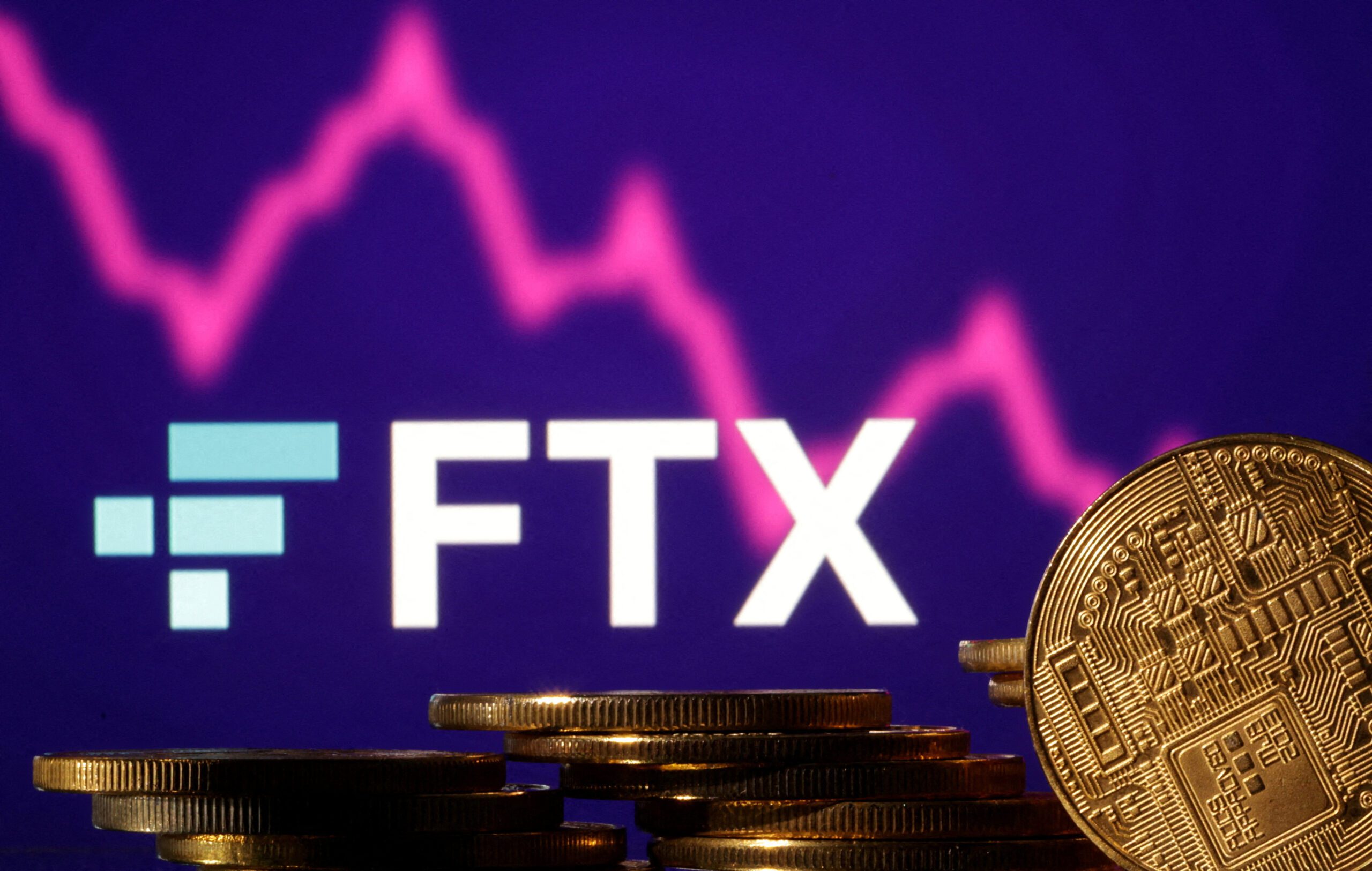|
Getting your Trinity Audio player ready...
|
September saw a significant shift in the Bitcoin ETF landscape as investors pulled a total of $155.30 million from spot Bitcoin ETFs, signaling market uncertainty despite Bitcoin’s nearly 5% price increase. The outflows, which affected several funds, included BlackRock’s iShares Bitcoin Trust (IBIT), which experienced varied netflows throughout the month.
While IBIT saw a $15.82 million inflow on September 16, it was offset by a $9.06 million outflow a week earlier. Furthermore, for ten trading days in September, IBIT recorded zero netflows, a surprising trend considering Bitcoin’s upward price movement.
The performance of Bitcoin ETFs this month reflects a broader trend of cautious market behavior. Traditionally, a price rally in Bitcoin drives fund inflows, but this time, the uptick in price has not translated into sustained investor confidence. The sector’s $155 million outflow indicates a broader hesitation to commit to Bitcoin ETFs in the current environment, even as the cryptocurrency demonstrates resilience.
BlackRock’s Report On Bitcoin As A Diversifier
Despite these outflows, BlackRock, the world’s largest asset manager, remains optimistic about Bitcoin’s potential as an investment vehicle. In a recently published report titled “Bitcoin: A Unique Diversifier,” BlackRock emphasized Bitcoin’s value as a hedge against traditional financial market risks.
The report highlights several key characteristics of Bitcoin, including its scarcity, decentralized nature, and global appeal. These attributes make Bitcoin a potential safe haven, particularly during periods of geopolitical or economic uncertainty.
According to BlackRock’s analysis, Bitcoin has outperformed all major asset classes in seven of the past ten years, with returns surpassing 100% annually. However, the report acknowledges Bitcoin’s volatility, noting that it was also the worst-performing asset in three of those ten years, experiencing significant drawdowns of more than 50%. Despite these setbacks, Bitcoin’s ability to recover and reach new highs has underscored its resilience as an asset.
Bitcoin’s Role in Global Crises and Fiscal Policy
BlackRock’s report also explores Bitcoin’s performance during global crises, where its decentralized nature acts as a shield against geopolitical risks that could affect traditional assets. Additionally, the asset manager highlights growing institutional interest in Bitcoin as a potential alternative reserve asset, especially given rising concerns over U.S. federal deficits and global debt levels.
The report points out that Bitcoin’s independence from sovereign control makes it attractive to investors looking to hedge against fiscal and monetary instability. This trend is not limited to the U.S., as significant debt accumulation across other major economies has also spurred interest in the cryptocurrency.
Caution Amidst Optimism
Despite Bitcoin’s strong historical performance and growing institutional interest, BlackRock advises investors to proceed with caution. Bitcoin’s volatility and the evolving regulatory environment continue to pose risks to its widespread adoption and valuation. As such, the report suggests incorporating Bitcoin into diversified portfolios carefully, ensuring that its risks are balanced with other, more stable assets.
Also Read: Crypto Rebounds – Bitcoin Hits $62K, SEI Eyes 30% Surge, SUI Poised For 40% Rally
This caution is reflected in the ETF outflows, indicating that while Bitcoin remains an intriguing investment, many investors are still hesitant to commit fully, given its unpredictable nature.
As Bitcoin ETFs experience significant outflows, it’s clear that market sentiment remains cautious despite the cryptocurrency’s price rally and BlackRock’s endorsement of Bitcoin as a unique diversifier. The continued volatility and regulatory challenges surrounding Bitcoin underscore the need for careful consideration before making investment decisions. While Bitcoin’s long-term resilience and potential as a hedge against financial instability are compelling, investors must weigh these factors against the risks of price fluctuations and regulatory shifts.
Disclaimer: The information in this article is for general purposes only and does not constitute financial advice. The author’s views are personal and may not reflect the views of Chain Affairs. Before making any investment decisions, you should always conduct your own research. Chain Affairs is not responsible for any financial losses.
Crypto and blockchain enthusiast.




